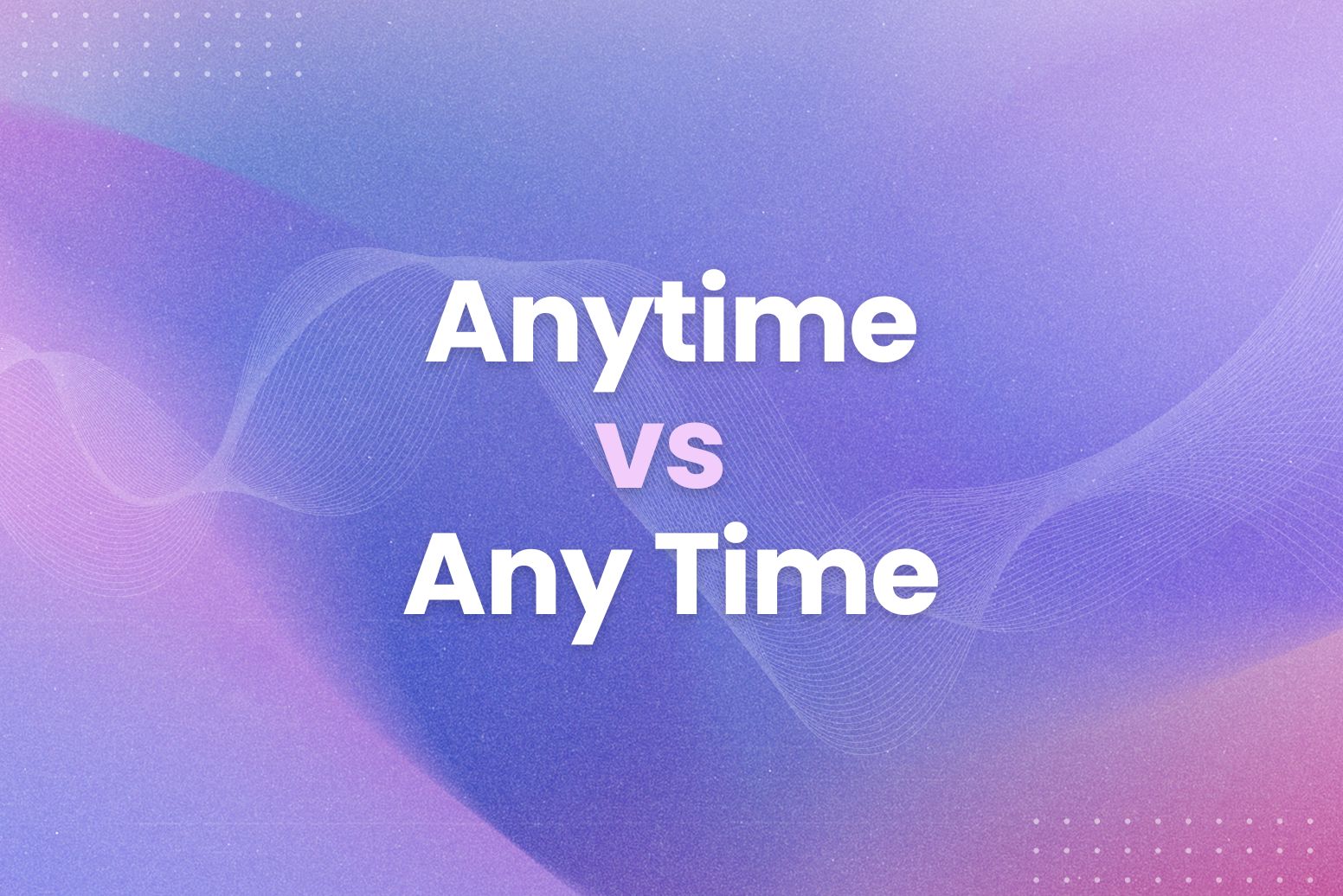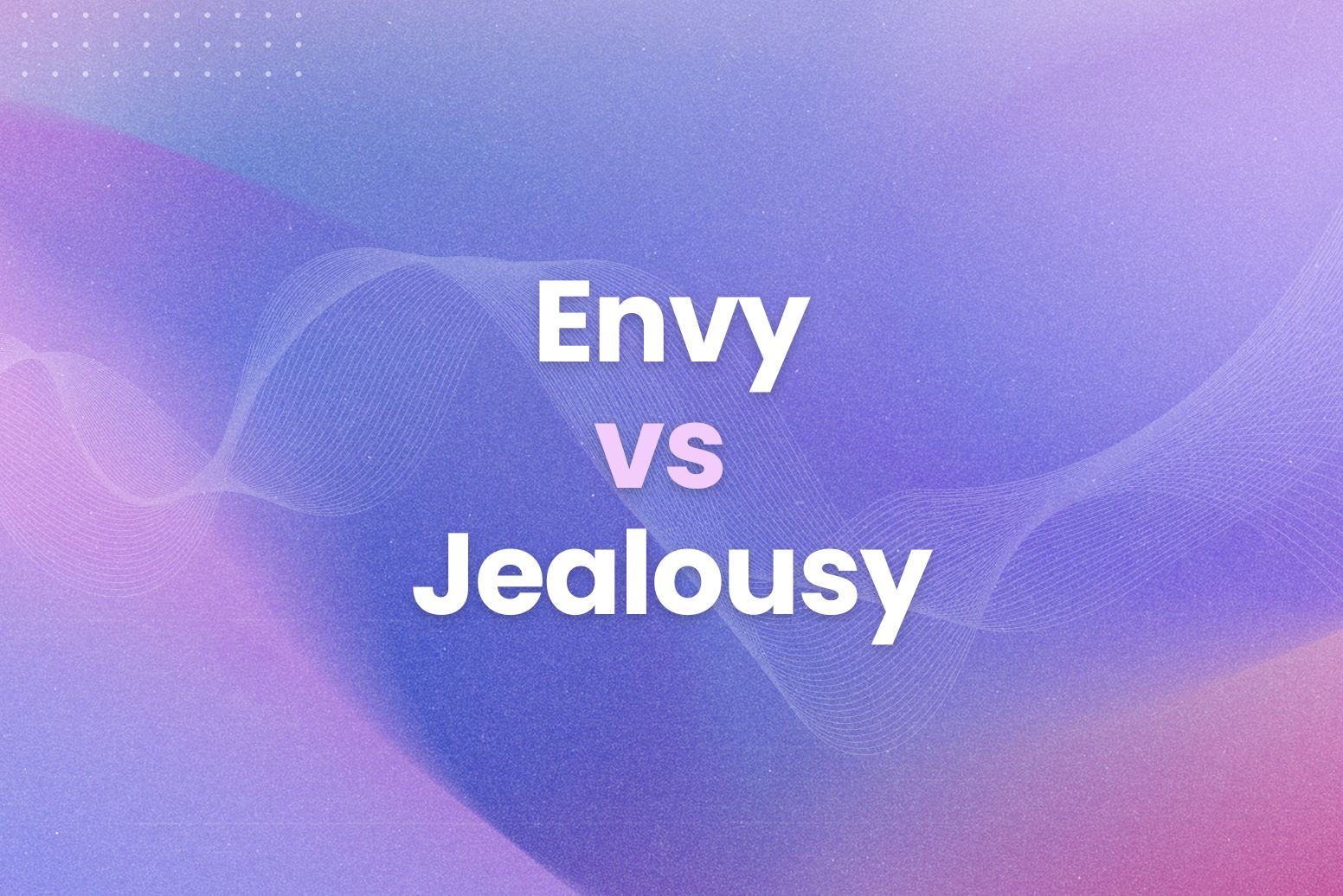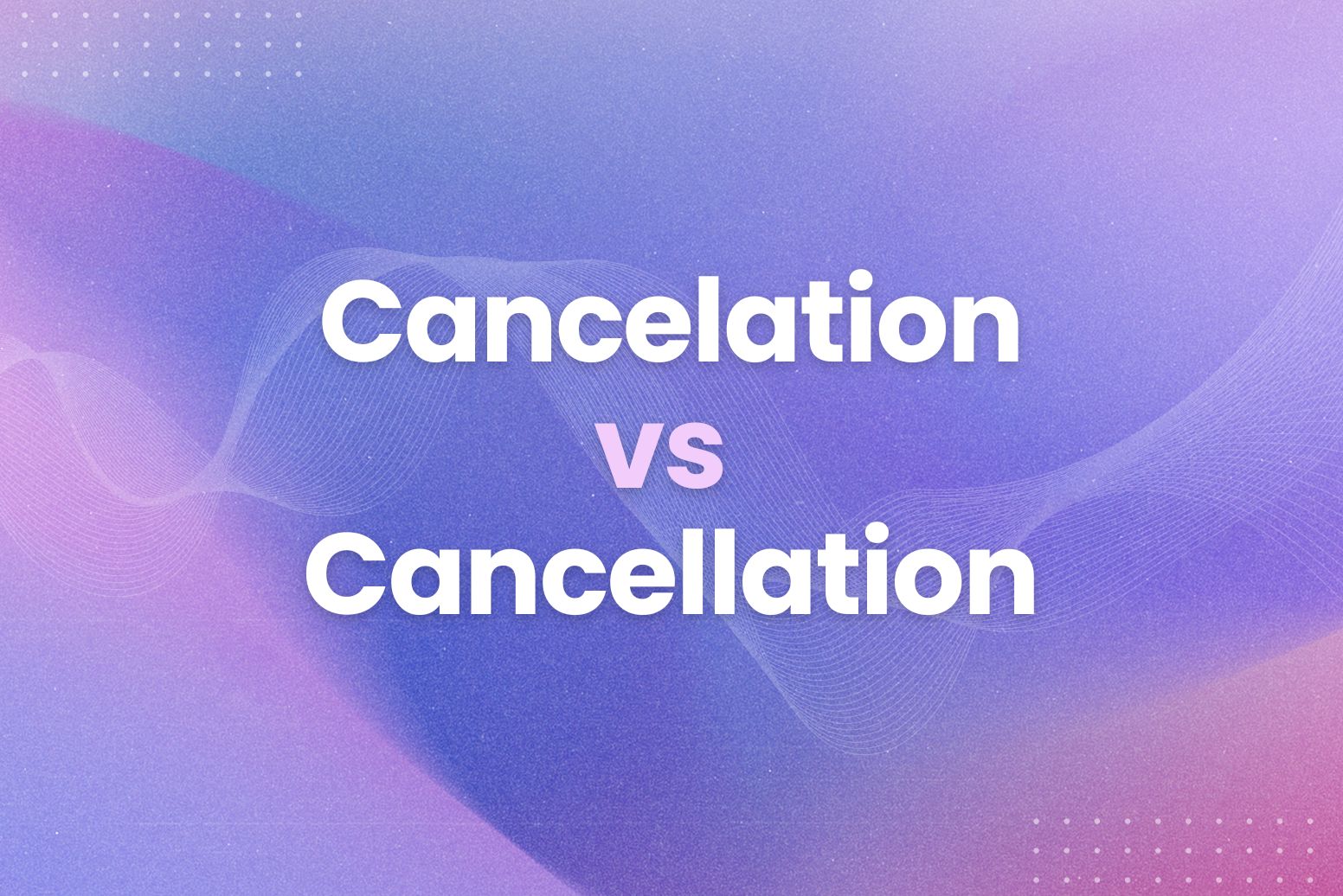Misplaced spaces can really mess with your message. A single space can change the meaning of a word or phrase entirely. This is certainly true with “Anytime vs Any Time.” One word suggests an open invitation; two words imply a specific point in time. Therefore, getting this right is key for clear communication. We’re here to clear up the confusion.
This quick guide breaks down the difference between anytime vs any time, showing you how to use each correctly. So, are you ready to write with confidence? We’ll cover:
- When to use anytime (one word).
- When to use any time (two words).
- Common mistakes to avoid.
- A simple trick to remember the difference.
After that, you’ll be a pro at using both terms.
When to Use anytime (One Word)
Anytime (one word) is an adverb. It means “at any time” or “whenever.” Think of it as a single unit expressing a general openness. For example, “You can call me anytime.” This means you can call at any point in time. It’s an open invitation.
Furthermore, anytime often appears in informal contexts. It’s common in spoken English. It’s also fine in casual writing. For instance, you might say, “Feel free to stop by anytime.”
Pro Tip: If you can replace anytime with whenever without changing the meaning, it’s the correct choice. For example, “Call me whenever.” It works. Therefore, “Call me anytime” is also right.
When to Use any time (Two Words)
Any time (two words) is a noun phrase. It refers to a specific period or instance of time. It’s not a general invitation. Instead, it points to a particular occasion. For example, “Do you have any time this week to meet?” This asks about available slots in a specific timeframe.
Moreover, any time often appears with prepositions like at, for, or in. For instance, “Is there any time in the next hour you’re free?” The preposition helps define the context of the time being discussed.
Here’s another example: “I don’t have any time to waste.” This means the speaker lacks available moments. It’s about a quantity of time.
Pro Tip: Try replacing any time with some time. If the sentence still makes sense, you’re on the right track. For example, “Do you have some time this week to meet?” It works. Therefore, “Do you have any time this week to meet?” is also correct.
Common Mistakes to Avoid (Anytime vs Any Time)
People often mix up anytime and any time. This is a common grammar slip-up. But you can avoid it. Let’s look at some frequent errors.
- First, using anytime when you mean any time. For example, writing “Do you have anytime to help me?” is incorrect. You’re asking about a specific period, not giving a general invitation. Therefore, it should be “Do you have any time to help me?”
- Second, using any time when you mean anytime. For instance, saying “Feel free to call me at any time.” sounds off. You’re offering a general invitation. So, “Feel free to call me anytime.” is the correct way to write it.
Pro Tip: Context is key. Think about what you want to say. Are you giving a general invitation (use anytime)? Or are you referring to a specific period (use any time)?
A Simple Trick to Remember the Difference
Here’s a simple trick to keep anytime and any time straight.
Think of anytime (one word) as meaning “at any time”. It’s a complete thought. It’s like whenever. If you can swap it with whenever, use anytime. For example, “Come over whenever you want.” So, “Come over anytime you want” is correct.
On the other hand, any time (two words) needs something else to complete it. It’s about a duration. It often goes with prepositions. For example, “Is there any time in your schedule for a quick chat?” The “in your schedule” part gives context to the time.
Pro Tip: Try this quick test. If you can add “at” or “during” before the phrase and it still makes sense, use any time. For instance, “at any time during the week” works. Therefore, using any time in the sentence is correct.
Nail Your Grammar Every Time With Arvin
So, now you know the difference between anytime and any time. It’s a small distinction, but it makes a big difference in clear writing. Use our simple tricks and examples to avoid common mistakes. This will make your writing more polished and professional.
Here’s a quick recap on anytime vs any time:
- Anytime (one word) means “whenever” or “at any time.” It’s an adverb and gives a general invitation.
- Any time (two words) refers to a specific period or instance of time. It’s a noun phrase.
- Context is key. Think about what you want to say. This will help you choose the correct form.
Now, you can take your writing to the next level. Arvin, your AI writing assistant, is ready to help anytime you’re writing online. Arvin is powered by GPT-4. It can instantly check your grammar, including those tricky anytime/any time situations. So, give Arvin a try. Write with confidence.
FAQs
Which is correct, anytime or any time?
It depends on the context. Anytime (one word) means “whenever” or “at any time.” Any time (two words) refers to a specific period of time. So, if you mean “whenever,” use anytime. If you’re talking about a specific instance or duration, use any time.
Is it any time or anytime on Friday?
It’s any time on Friday. You’re referring to a specific period (Friday). Therefore, the two-word form is correct. You could also say “at any time on Friday”.
Is it you can reach me anytime or any time?
It’s “You can reach me anytime.” This is a general invitation, meaning “at any time” or “whenever.”
What is an example with anytime?
“Feel free to call me anytime.” This means “Feel free to call me at any time” or “Feel free to call me whenever.”








